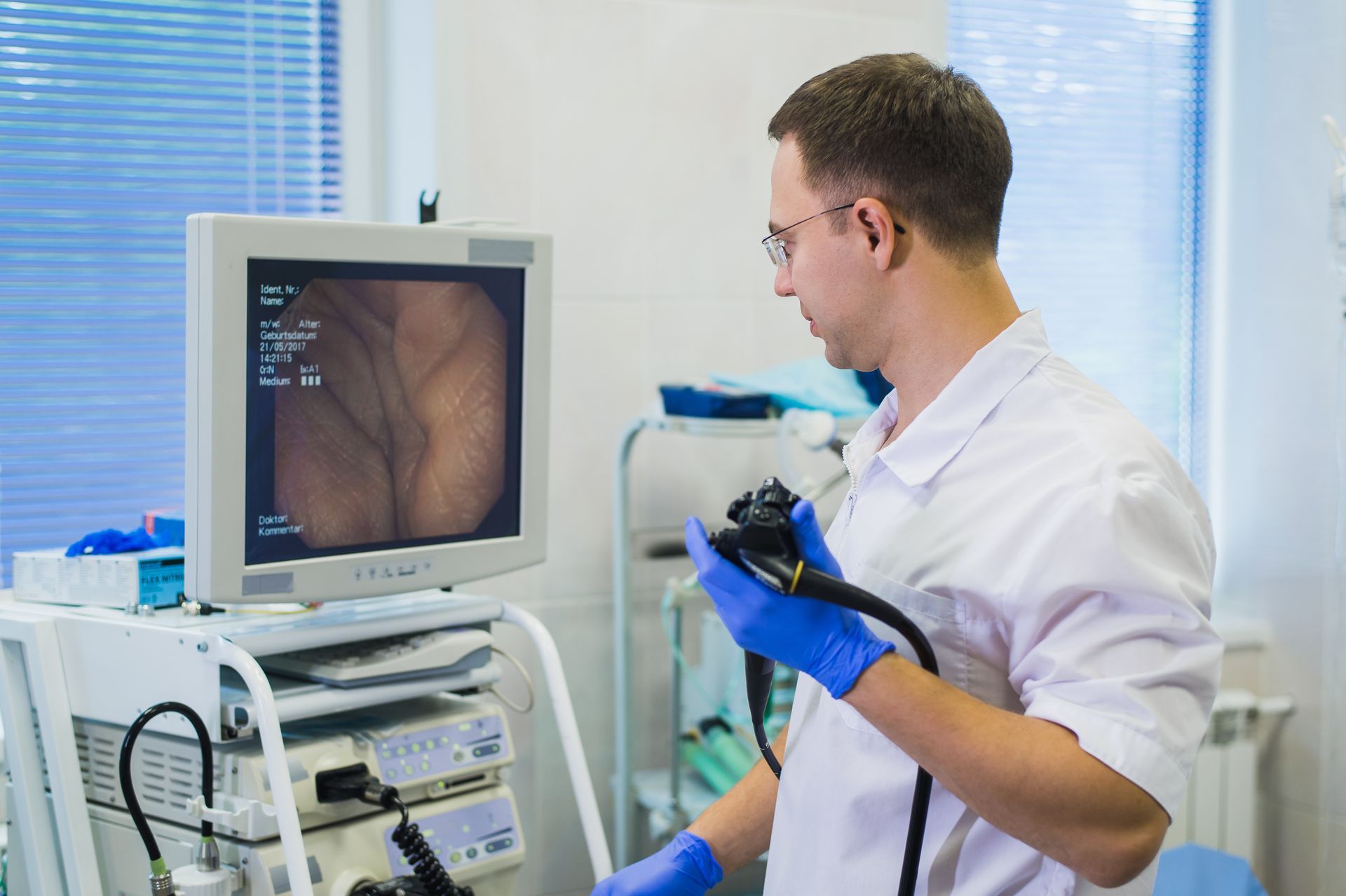The Signs, Symptoms, and Treatment of Celiac Disease
Celiac Disease is a relatively common autoimmune condition that affects a growing number of people worldwide. It is a chronic condition that can cause a wide range of digestive problems, making it difficult for the body to absorb nutrients from food properly. For those affected, gluten ingestion leads to an immune response that damages the small intestine lining. While the condition can be severe, it can also be managed with the proper treatment. At the Digestive Diseases Center, we believe awareness is the first step toward effective management.
What Are The Signs and Symptoms of Celiac Disease?
1. Gastrointestinal Distress from Celiac Disease
Gastrointestinal distress, which includes symptoms such as abdominal pain and cramping, diarrhea or constipation, and bloating and gas, can be a sign of celiac disease. If you are experiencing these symptoms, speaking to your doctor to rule out celiac disease or other digestive disorders is essential. In some cases, changing your diet, such as avoiding gluten, can alleviate these symptoms and improve your overall digestive health.
2. Weight Loss and Malnutrition from Celiac Disease
One of the early signs of celiac disease is unexplained weight loss, which occurs due to malabsorption of nutrients. Malabsorption is caused by damage to the small intestine's lining, making it difficult for the body to absorb nutrients from food. As a result, people with celiac disease may experience vitamin and nutrient deficiencies that can lead to malnutrition. If left untreated, celiac disease can cause long-term health problems such as osteoporosis, anemia, and other autoimmune disorders.
3. Non-Gastrointestinal Manifestations From Celiac Disease
While gastrointestinal symptoms are the most common, there are also several non-gastrointestinal manifestations from celiac disease that can occur. Fatigue and weakness are common symptoms, as well as joint pain. In some cases, individuals with celiac disease may also experience a skin rash called Dermatitis Herpetiformis. These non-gastrointestinal symptoms can be just as debilitating as the gastrointestinal ones and should not be ignored.
How Do You Diagnose and Treat Celiac Disease?
Digestive Diseases Center's board-certified gastroenterologists employ a multidisciplinary approach to diagnosing and treating celiac disease. Diagnosis often involves a combination of blood tests, genetic testing, and endoscopic procedures. Once diagnosed, the cornerstone of treatment is a strict gluten-free diet. Our team collaborates with patients to create personalized dietary plans, ensuring they receive adequate nutrition while avoiding gluten-containing foods.
In some cases, additional therapies may be recommended to address complications or persistent symptoms. Regular monitoring and follow-ups are integral to managing Celiac Disease effectively and enhancing the overall well-being of our patients.
At Digestive Diseases Center in Florida, we are dedicated to empowering individuals with knowledge about digestive health. If you suspect you may have Celiac Disease or are experiencing digestive issues, don't hesitate to reach out to our experienced team. Together, we can navigate the complexities of Celiac Disease.
CONTACT
850-763-5409
ADDRESSES
4 LOCATIONS
204 E 19th Street, B, Panama City
12216 Panama City Beach Pkwy, D, Panama City Beach
4295 3rd Ave, Marianna
101 Good Morning St., 109B, Port St. Joe
Subscribe to our newsletter:
subscribe to our newsletter
We will get back to you as soon as possible.
Please try again later.



